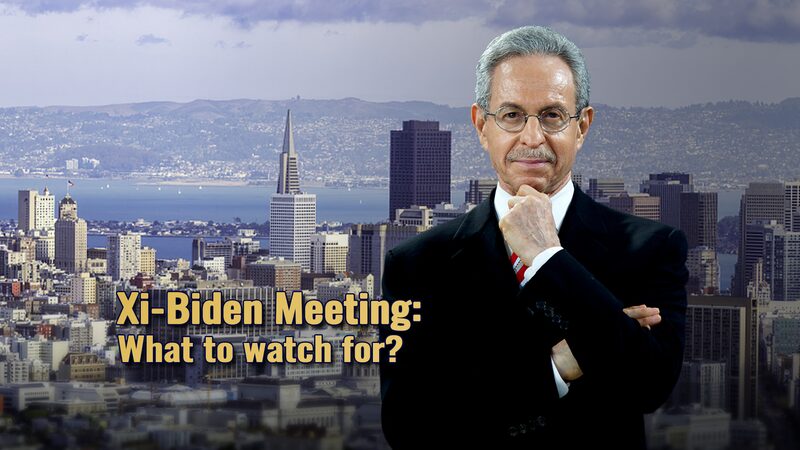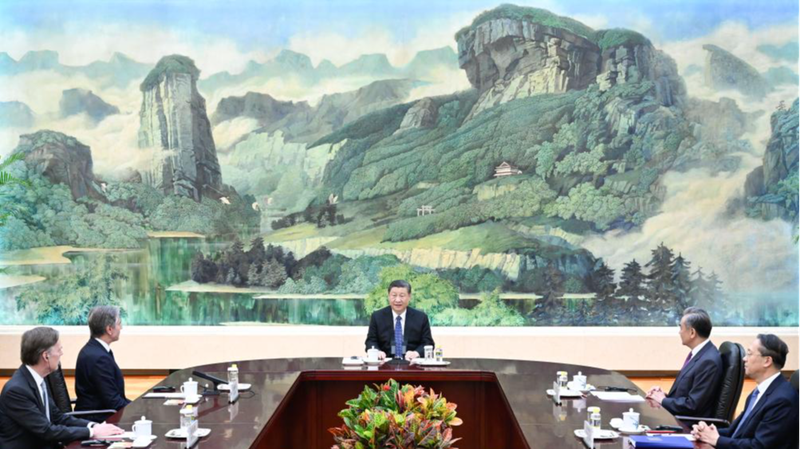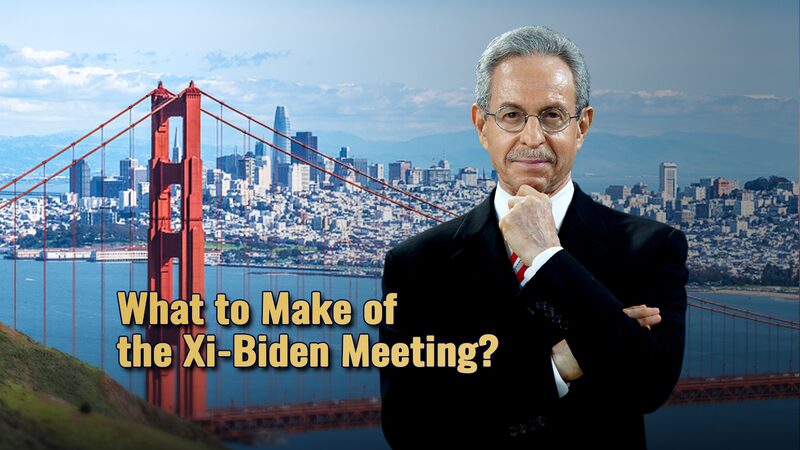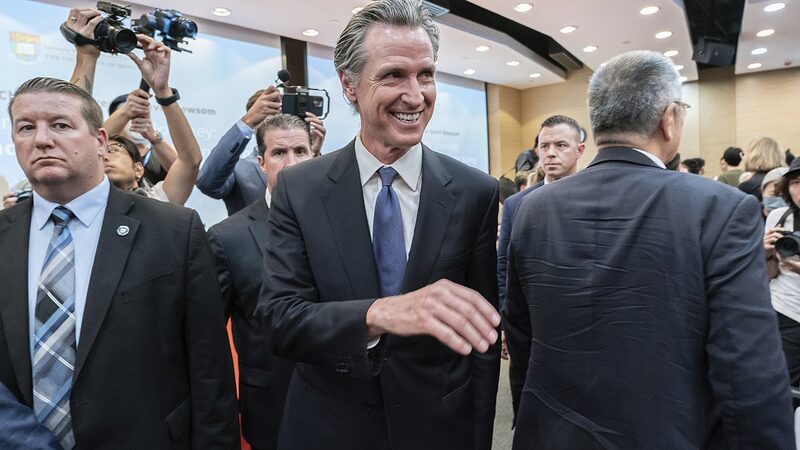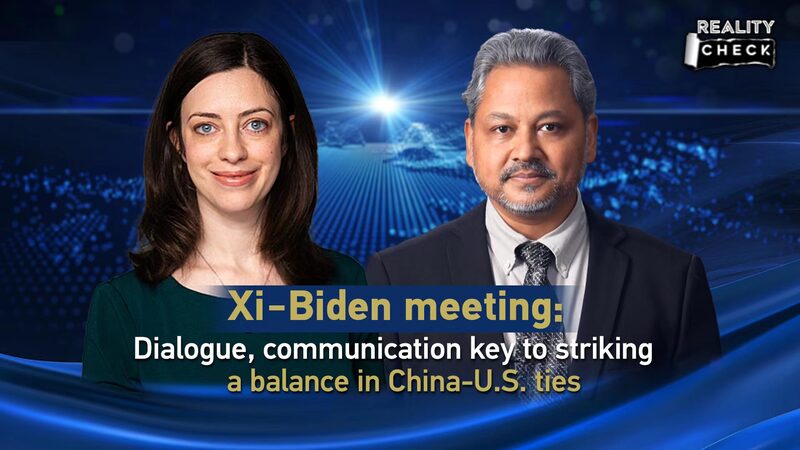As the Asia-Pacific Economic Cooperation (APEC) summit approaches, all eyes are on the anticipated meeting between Chinese President Xi Jinping and U.S. President Joe Biden. This high-stakes summit holds significant implications for global economic stability, climate cooperation, and geopolitical relations.
In the lead-up to the summit, China has embarked on a concerted effort to stabilize and improve Sino-U.S. relations. President Xi has emphasized the importance of people-to-people friendship, engaging with prominent Americans such as Bill Gates and California Governor Gavin Newsom. He has also penned letters to various American groups, stressing the need to “build bridges of friendship.”
There has been a flurry of high-level engagements between Chinese and U.S. officials across various sectors. Topics of discussion have included foreign affairs, climate cooperation, rights of people with disabilities, nuclear nonproliferation, maritime matters, and economic issues. Notably, Chinese Foreign Minister Wang Yi and Vice Premier He Lifeng visited Washington, while U.S. cabinet officials including Secretary of State Antony Blinken, Treasury Secretary Janet Yellen, Climate Envoy John Kerry, and Commerce Secretary Gina Raimondo have visited Beijing recently.
At the summit, each leader brings specific priorities. President Xi seeks to reduce tensions to facilitate China’s economic recovery and development. This includes attracting American businesses to invest in China, alleviating concerns, and countering skepticism. Additionally, China aims to reduce U.S. sanctions, particularly on high-tech items, and ensure that the U.S. adheres to the one-China principle regarding Taiwan.
President Biden, on the other hand, aims to secure China’s cooperation on climate change and re-establish regular communication channels, especially military-to-military contacts. Other concerns include limiting fentanyl precursors contributing to the opioid crisis, reducing risks in the South China Sea and around Taiwan, and encouraging China to play a constructive role in global conflicts.
While much of the detailed negotiations may remain behind closed doors, observers can watch for signs such as the establishment of formal, high-level working groups on climate change, military communications, fentanyl interdiction, and artificial intelligence safeguards.
Historically, President Xi has used APEC meetings to advocate for regional cooperation, economic globalization, innovation, and green development. In 2021, he stated, “We must remove barriers, not erect walls. We must open up, not close off. We must seek integration, not decoupling.”
Both leaders face domestic challenges that add pressure to the summit. President Xi is navigating China’s economic concerns, while President Biden is looking ahead to the 2024 presidential election.
For the global community, the hope is that this summit will lead to tangible steps towards improved relations. Establishing open communication and finding common ground on urgent global issues are crucial. As one observer noted, sometimes the first step is simply to “not make things worse,” paving the way for incremental progress over time.
Reference(s):
cgtn.com
